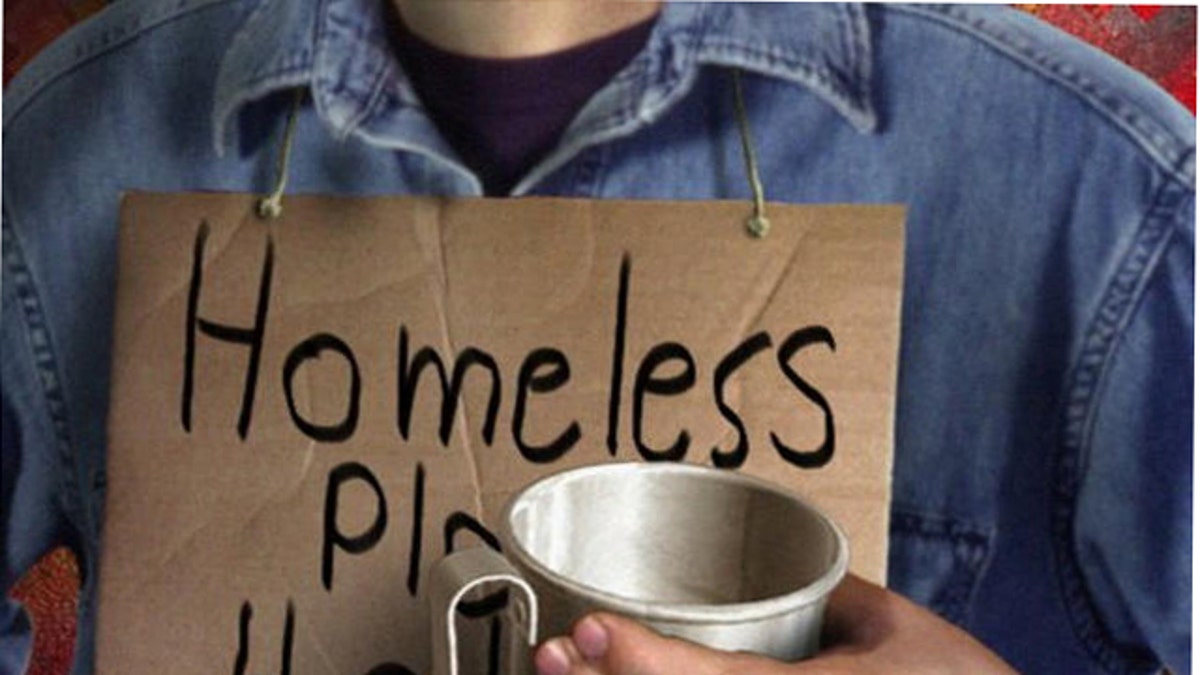
A federal judge’s ruling that a Utah law on panhandling is unconstitutional is raising concerns about whether the decision will undo similar laws across the country that keep pedestrians and motorists from being pestered for money.
U.S. District Judge Ted Stewart -- a 1999 Clinton appointee -- made the ruling Thursday in response to a 2010 lawsuit filed on behalf of three Salt Lake City homeless people who claimed their right to free speech had been violated when arrested for begging for money.
“The ruling could absolutely have an impact on other courts,” Liz Wiehl, a Harvard-educated trial lawyer and Fox News legal analyst, said Friday. “While they couldn’t use it as binding precedent outside of the (9thCircuit), other courts could look to this decision in making decisions on similar situations. Look for similar suits down the road.”
State solicitors argued the ban on standing near a road to panhandle was to address traffic and public safety concerns.
Judge Stewart acknowledged that such concerns are legitimate but said the state must find a way to address them without infringing on First Amendment rights.
Brian Barnard, the plaintiff lawyer with the Utah Legal Clinic, said the law was adopted roughly 35 years ago without appropriate forethought.
“They didn’t see the next step,” he said.
Barnard pointed out the judge wrote in his conclusion that the law even prohibits children from selling lemonade in front of their house on a quiet street.
He also thinks the ruling could have in nationwide impact, considering so many states and cities have similar laws.
Still, officials in New York, where Mayor Rudy Giuliani in the early 1990 cleaned up the city with ordinances that banned aggressive panhandling and so-called squeegee boys from essentially demanding money from motorists, did not anticipate the Utah ruling would impact them.
“While we have a law that makes aggressive panhandling illegal the city doesn’t have a law that stops panhandling” said Gabriel Taussig, chief of New York City’s administrative law department.
Other jurisdictions across the county -- including St. Louis and Orlando, Fla. – also have laws to curb aggressive panhandling.
Trevor Burrus. a legal associate at the Washington, D.C.-base Cato Institute, a libertarian think tank, points out such laws are routinely challenged, citing a federal case in Nevada in 2003 and another in California in the early 1990s.
However, he did not think the Utah case would have much impact, saying the ban was “like using a sledgehammer when you needed a scalpel.”



